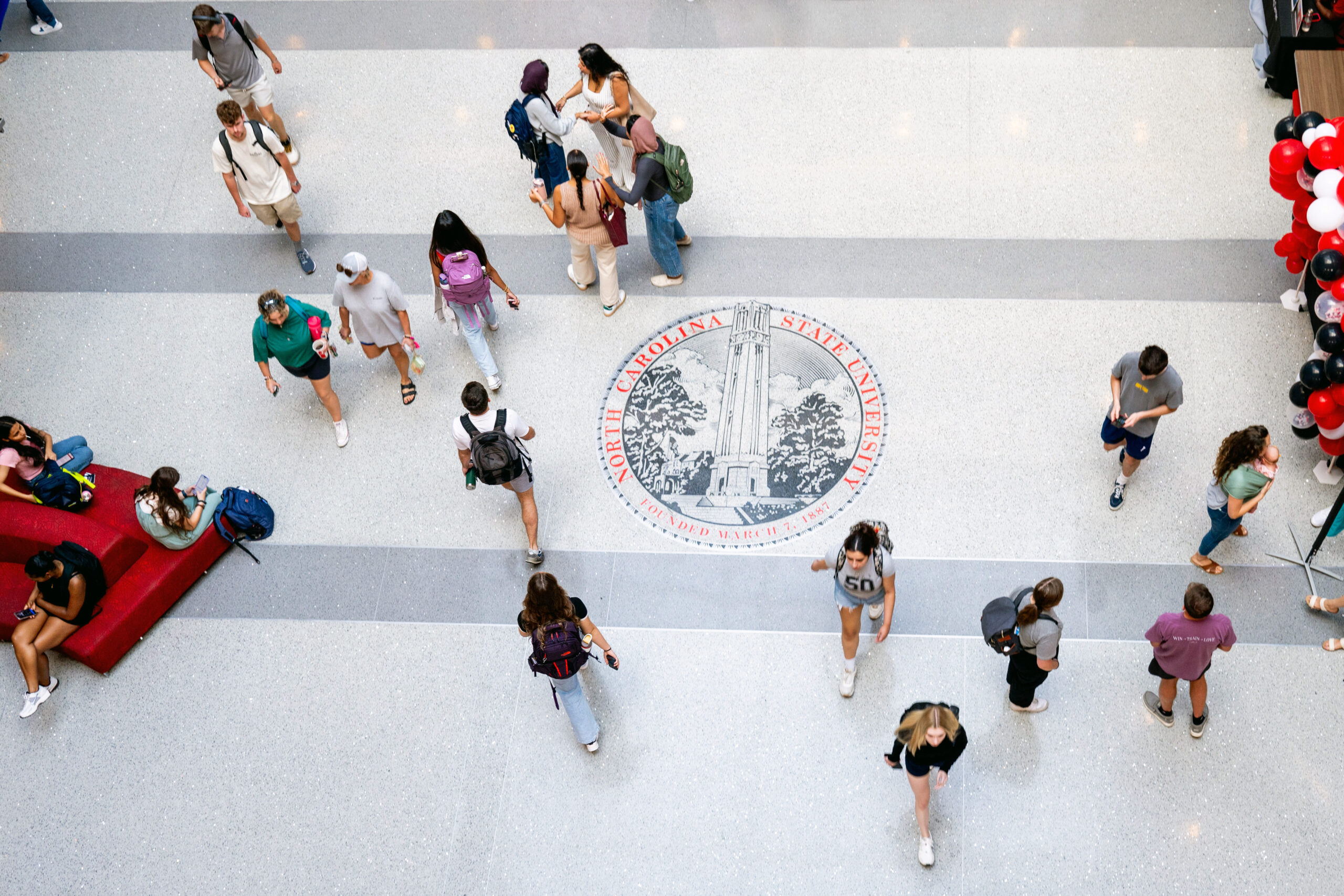Student Success Assessment
Overview
Student Success Assessment (SSA) is a division-wide initiative to identify, measure, and improve the underlying variables that impact student success at NC State. A team of division faculty, staff, and students overseen by DASA Assessment is identified each year to explore a success variable in three stages: Literature Review, Data Collection, and Implementation. The SSA topic changes each year. In 2023-2024 SSA was focused on Campus Employment.

Campus Employment
Background
The Division of Academic and Student Affairs (DASA) promotes students’ overall well-being at NC State by supporting students academically, professionally, and personally. DASA units rely heavily on the approximately 2,400 undergraduate student on-campus positions. In spring 2024, the Pack Assessment Ambassadors conducted a qualitative study to gain insight into the experiences of undergraduate student employees in DASA.
Literature Review and Focus Groups
To prepare for the focus groups, the Pack Assessment Ambassador Graduate Interns performed a literature review to learn more about how on-campus employment affects students’ experiences on campus and influences student outcomes. Ambassadors worked with assessment staff to write focus group questions and practice facilitation. After facilitating focus groups with undergraduate students working within DASA, Ambassadors transcribed focus group data and used descriptive coding techniques to identify themes. Ambassadors presented a research poster describing their work at the 2024 Undergraduate Research Symposium, which included recommendations for faculty and staff based on their findings. Ambassadors also presented their findings to staff within DASA in spring 2024 and fall 2024.
Selected Results
- Participants identified flexibility of scheduling, convenience of location, skill development, personal fulfillment, and opportunities for building relationships and a sense of belonging as reasons why they continue to work in their on-campus job.
- Participants identified many challenges in their on-campus positions including difficulty managing work-life balance, customer service issues, lack of departmental knowledge, and stressful work environments.
- Participants reported that supervisors who acted as mentors provided professional development and advice, showed care for students’ wellbeing, and trained them in skills. Coworkers who acted as a mentor provided class advice, supervisor advice, cared for their wellbeing, and taught them new skills.
- Participants described their ideal mentor as someone who provides feedback, is invested in their wellbeing, provides extra time and support when needed, and provides learning opportunities.
Student Recommendations
To promote connection:
Advertise on-campus jobs as a way to increase connection to campus, develop relationships with peers, and promote sense of belonging.
For mentorship:
Encourage supervisors to contribute to academic, professional and personal growth. Supervisors should consider asking student employees questions regarding their future plans and aspirations.
For professional development:
Implement group staff meetings at the end-of-semester and end-of-year to have students edit their resume to reflect their new skills and experiences. Consider partnering with the Career Development Center to host these meetings as appropriate.

